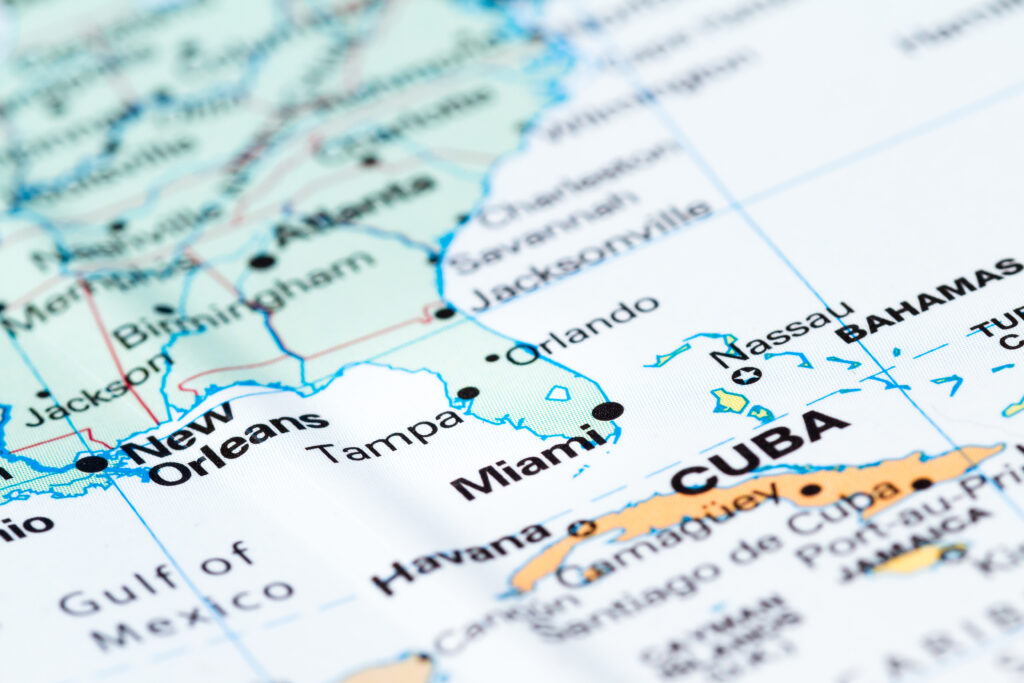Roberto Veiga González

Lawyer and Political Scientist / Contributor to Fundación Alternativas
Europe and the Cuban Crossroads: The Time to Engage is Now
Europe once again stands before a crossroads that will define its place in history: either to merely observe global transformations unfold, or to intervene—with political intelligence and moral sense—in those processes where its voice can be decisive. Cuba is one of those arenas. The island is enduring one of the deepest crises of its modern history—not only economic, but also institutional, social, and spiritual—and it faces it without a clear horizon of renewal. Yet precisely for that reason, this is the moment for the European Union to pursue an active, responsible, and forward-looking policy toward Cuba.
My analysis, The Time to Meet: Cuba and the Urgency of a National Concertation, published by the Center for the Study of the Rule of Law “Cuba Próxima”, begins from a simple yet demanding conviction: Cuba cannot rebuild itself alone, but no one can rebuild Cuba in its stead. The country must rediscover itself, bringing together all its living forces—state, social, civic, and cultural—into a process of national concertation that restores citizen sovereignty. Such concertation will not be possible through external impositions, nor through the persistence of internal paralysis. It requires responsible interlocutors and intelligent international support. That is where Europe’s opportunity—and its duty—lies.
Europe has shown, in its recent history, a singular capacity to accompany processes of political transition and institutional reconstruction: from Central and Eastern Europe in the 1990s to various experiences in Africa and Latin America. That vocation for transformative cooperation, grounded in respect and democratic values, is precisely what is needed today in relation to Cuba.
The greatest temptation, however, would be to wait “until everything changes” before offering a helping hand. Such passive waiting would, in effect, mean allowing Cuba’s crisis to deepen to the point of irreversible fracture: social disintegration, an escalating migratory exodus, further loss of human capital, and the total erosion of collective trust.
Europe cannot—and must not—remain silent. Acting before the transition, not after, is what distinguishes a farsighted policy from a reactive one. The European Union possesses the instruments, legitimacy, and experience to promote a new dynamic toward Cuba, provided it chooses to do so out of responsibility, not calculation. Four lines of action would be decisive:
-
Promote social well-being and coexistence, prioritizing the sectors most affected by the crisis—children, the elderly, rural communities, and families fractured by migration. Investing in social cohesion is also an investment in future stability.
-
Encourage investment and economic cooperation that strengthen private initiative, domestic production, and decent employment. A European policy toward Cuba should bet on real development, not mere assistance.
-
Reinforce strategic capacities through training, innovation, and knowledge transfer in key areas: public management, entrepreneurship, social rights, and local governance. Technical cooperation can be a discreet but effective pathway toward political openness.
-
Establish a two-way political and humanitarian dialogue involving both the Cuban State and civil society—academics, churches, local communities, and professional associations. Only a plural dialogue can generate legitimacy and trust.
These lines do not replace Cubans’ own responsibility, but they would help create the political and moral environment in which national concertation might take root.
Cuba’s particular challenge is that the crisis of the State has not been accompanied by a proportional strengthening of alternative political forces. Both government and opposition suffer from exhaustion, fragmentation, and a lack of legitimacy. Yet Cuban society—in its diversity, both on and off the island—retains a latent political potential. That potential can become a transformative force if it succeeds in articulating a common agenda.
Europe can play a catalytic role—not by imposing a formula, but by offering a space for recognition, training, and accompaniment. That discreet yet sustained action can help Cuban citizens transform discontent into purpose, and necessity into shared responsibility.
The Cuban question should not be understood merely as a Latin American or humanitarian issue. It is also a European one, in the most political sense of the term. Cuba has long been a moral and cultural point of reference for the West. To abandon it to its fate would be both a strategic and an ethical renunciation.
The European Union possesses diplomatic, financial, and cultural tools that could contribute to the emergence of a new Cuban social contract—if they are employed with vision. The goal is not to substitute the Cuban people, but to anticipate the cooperation that every transition will inevitably require: to support coexistence, sustain the social fabric, open paths for responsible investment, promote a humanistic economy, and accompany the creation of legitimate institutions.
Cuba does not need spectators; it needs lucid interlocutors. Europe cannot wait for “the day after.” Cuba’s political time—the time of concertation, of national reencounter—has already begun, though still without visible form.
Europe’s greatest contribution will be to understand that engaging before the transition does not compromise its political standing—it strengthens its political and moral coherence. Recent history shows that the most successful transitions were those in which the international community knew how to act in time, not when it was already too late.
Cuba deserves that opportunity. And Europe—if it wishes to remain a reference of civilization, not merely of commerce—must offer it now.
